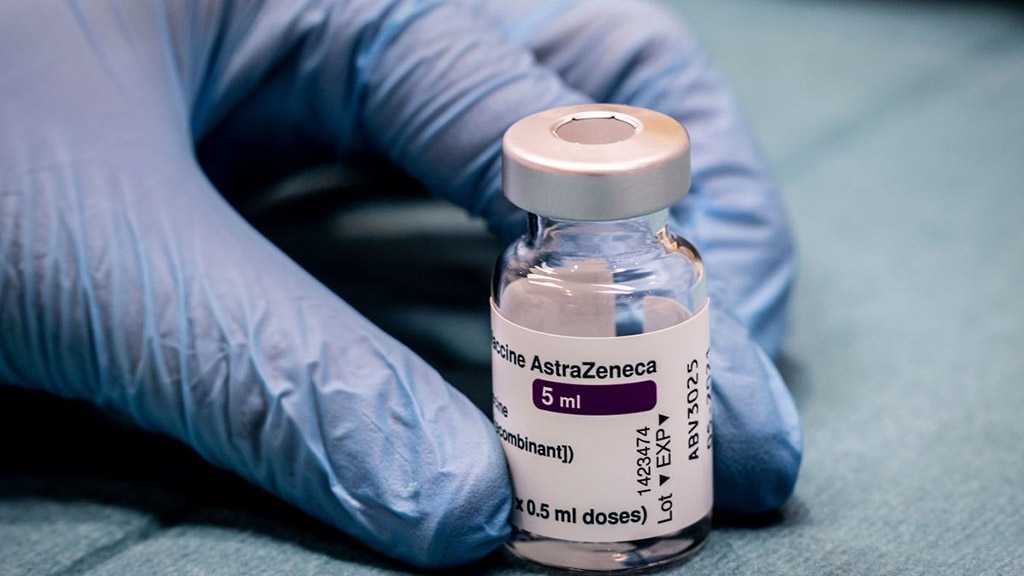
German Study Reveals Why AstraZeneca Vax Can Cause Brain Blood Clots

By Staff, Agencies
Researchers at Germany’s Greifswald University Hospital have completed a study of AstraZeneca’s coronavirus vaccine, concluding that “in rare cases”, the preparation can create antibodies which lead to the formation of blood clots in the brain’s venous sinuses.
In a press statement Friday, scientists explained that they reached their conclusions by studying samples provided by Germany’s vaccine regulator. Analysis of the samples of six patients who had developed blood clots after getting vaccinated determined that in some patients, vaccination triggers the activation of platelets – small colorless cell fragments of bone marrow in our blood which ordinarily form clots to stop bleeding and heal injuries.
On the basis of these findings, the researchers proposed a course of treatment using drugs that assist against thrombosis, but stressed that such treatment is possible only after blood clots are detected, and not on a preventative basis.
Greifswald University Hospital shared the findings with the German Research Association for Thrombosis and Hemostatis, which subsequently issued new guidelines for patients taking the AstraZeneca vaccine urging them to seek medical assistance if they suffer from headaches, dizziness or vision problems for more than three days after being jabbed. The association stressed that the complication is “very rare” and that it couldn’t be ruled out that it is brought on by “other causes.”
Commenting on the research, Greifswald University Clinic professor Dr. Andreas Greinacher similarly told reporters that “very, very few people will develop this complication,” and that “if it happens, we now know how to treat the patients.”
The results of the scientists’ findings, set to be published in the British medical journal The Lancet in the coming days, echo the independently reached conclusions of a group of Norwegian researchers, who issued their own report this week attributing blood clots in some patients jabbed with the AstraZeneca preparation to an overly strong immune system response.
The Norwegian scientists’ work was based on an examination of three Norwegian healthcare employees, who were admitted to hospital suffering from acute pain, severe blood clots in unusual places, including their stomachs and brains, bleeding and low platelet counts. One of the workers died on Monday, shortly after being admitted for care. All three were healthy and under the age of 50.
The evidence by the German and Norwegian researchers contradicts fresh statements by the European Medicines Agency [EMA] and the World Health Organization, both of which announced this week that AstraZeneca’s vaccine is safe for use. At least 20 countries temporarily stopped inoculation using the company’s vaccine in early March amid growing reports of complications and deaths from blood clots, but many countries, including Germany and France, decided to lift suspensions after receiving the all clear from the EMA.
On Friday, Chancellor Merkel of Germany said she would “definitely” get vaccinated with the AstraZeneca preparation, but that she “would like to wait [her] turn” before doing so.
The AstraZeneca jab has yet to be approved by the US Food and Drug Administration, with reports citing Biden administration officials indicating that Washington is debating whether or not to dump millions of doses of the vaccine currently sitting in US manufacturing facilities abroad, including to the EU, Brazil and Britain.

Germany Withdraws Troops from Niger
3 months ago
Three Dead after Stabbing Attack in Germany
3 months ago
